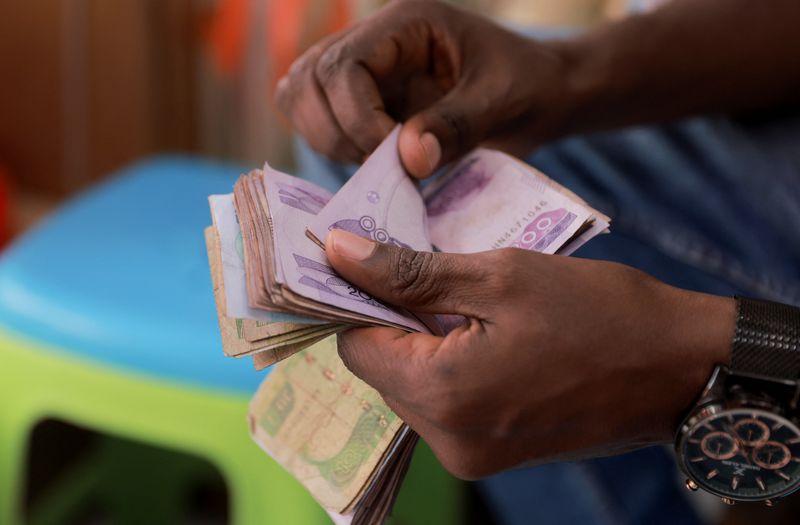ADDIS ABABA (Reuters) – At the very least two Ethiopian native governments have ordered the closure of dozens of companies discovered mountain climbing costs of primary commodities after the central financial institution floated the nationwide foreign money, officers mentioned on Thursday.
The Ethiopian birr weakened by 28% towards the greenback this week after the central financial institution adopted a market-determined overseas trade fee to safe a brand new Worldwide Financial Fund lending programme and to place debt restructuring again on monitor.
“The businesses were caught making unreasonable price increases mostly on food items … The stocks were imported before the new exchange rate,” mentioned Sewnet Ayele, a spokesperson for the Addis Ababa Metropolis Commerce Bureau.
Some 71 companies have been affected by the closure order, Sewnet mentioned. In Oromiya area, one other 19 companies had been closed and three folks detained, mentioned Meseret Assefa, head of the Commerce Bureau of Oromiya.
“Those whose business are closed were the ones who increased prices on items just immediately after the (exchange rate) announcement,” Meseret mentioned.
The principle commodity whose value has gone up is cooking oil, which is promoting at 25%, or 300 birrs, extra, mentioned a dealer in Addis Ababa, who didn’t want to be named.
Different commodities whose costs have gone up by a smaller margin embody rice, mentioned the dealer.

Though the removing of overseas trade buying and selling restrictions helped Ethiopia to clinch the IMF deal and funding from different collectors just like the World Financial institution, some Ethiopian analysts concern it’s going to trigger value hikes that hit the poor hardest.
The federal government and its improvement companions say the liberalisation will assist the non-public sector make a much bigger contribution to the financial system and increase long-term development.




